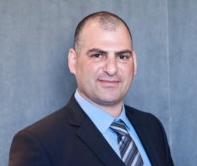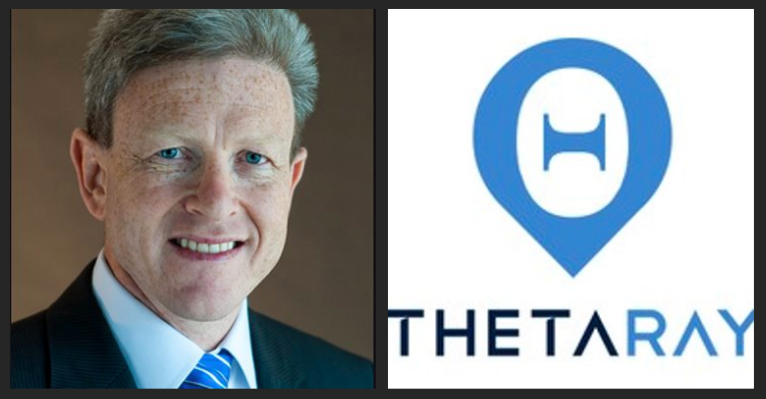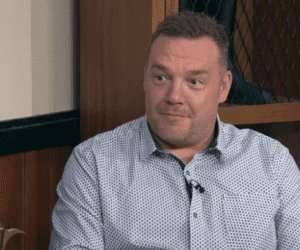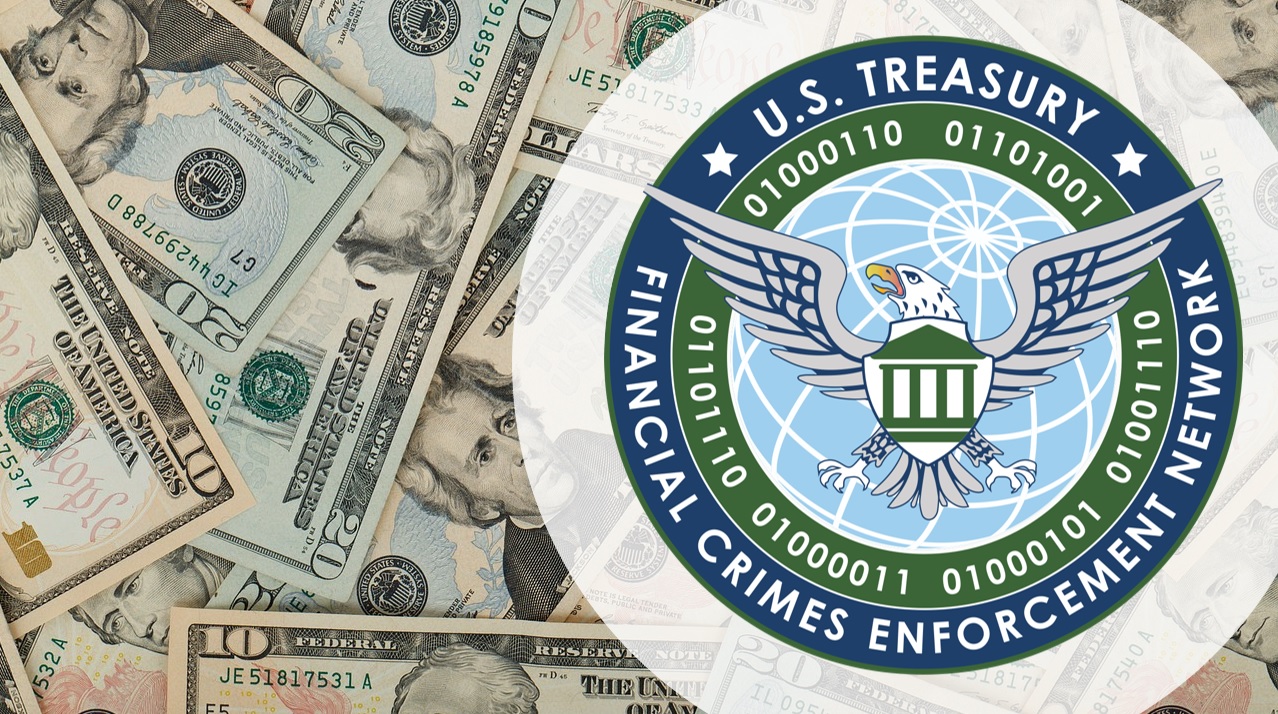By Elizabeth Hearst for AMLi
Cybersecurity company ThetaRay, founded in 2013, has grown dramatically in recent years, with offices established in Israel, New York, Singapore and now Dubai.
It boasts international clients including numerous Tier One banking providers, and the cybersecurity company is now making its mark on the financial sector.
A recent $31 Million investment by VP and Benhamou Global Ventures brings the company’s total funding to more than $90 Million, with fresh capital being used to expand the cross-border payment market, and marketing of its new cloud based technology.
The company has also announced that the Nigerian and Ukrainian governments have “successfully implemented ThetaRay’s solutions”, joining numerous Tier One banking providers such as Banco Santander.
With this fresh investment, ThetaRay’s CEO Mark Gazit stresses that “we are on the verge of a real revolution in securing the global financial system”, adding that the “cross-border payment network has become the lifeblood of the world trade infrastructure”.
Gazit says his goal is to “make the world a better place”, through technology and innovation, having previously set up the largest internet provider in Israel. “I wanted to build a company that mimics human intuition”, he says. And with recently reported worldwide investment of over $100 Million, ThetaRay is in a unique position.
In an interview with AMLintelligence, Gazit says ThetaRay’s technology is a “game changer” for the financial crime industry.
He describes how the company is surging ahead of competitors, declaring that “no one can do what we do” when it comes to financial security.
“We have over ten years of experience with technology, we have people who really understand how banks and investigations work, and we really understand the market,” he stressed.

Yaron Hazan, ThetaRay’s Vice President for Regulatory Affairs echoes the statement, and admitted he was “excited” to see the difference Thetaray could make to banks and financial institutions across the world.
A recent move to cloud-based Artificial Intuition (AI) technology, sees ThetaRay charter new waters. This technology mimics “human intuition and gut feelings” and analyzes “SWIFT traffic, risk indicators and client/payer/payee data” to detect potential money laundering and terrorist financing, across “complex cross-border transaction paths”.
ThetaRay believes this offers “stability and security” to customers, as well as “secure cross-border transactions” for numerous banks and financial institutions already signed up.
Despite increased investment in Compliance and Anti-Money Laundering regimes in banks and financial institutions, Hazan believes that banks are hesitant to expand their cross border regimes, as it could “pose a risk to their operations”, adding that banks believe this expansion is “impossible to manage”.
However adamant that ThetaRay could provide a solution to their concerns, Hazan added: “If something is wrong, ThetaRay will find it” which he believes will “allow banks to trust customers and increase their business”.
Hazan enjoys vast experience in fighting financial crime, working first with the Israeli police before leading PWC’s forensics department for seven years. More recently, Hazan was Head of Compliance at HSBC Israel before joining ThetaRay, and describes how he “wants to be one step ahead of the bad guys” in fighting financial crime.
With surging numbers of banking customers using mobile banking providers and cross-border payments on the rise, Gazit says banks must adapt quickly to the changing landscape adding that “cash is not king anymore”.
Last month, AMLintelligence reported that ThetaRay will go public with company “valuations through the roof”. When asked, Gazit was coy, stressing that “you don’t build a company with the idea of going public”, and admitted they had been courted by a number of stock exchanges.
“We’re definitely thinking about it. We are in a strong position, but we are enjoying this time and the ability to provide customers with a great service at the moment, so there’s no concrete decision yet,” he added.
In a world where criminals are getting faster, smarter and more adaptable, this industry often seems as if it’s on the back foot, admitting it must do better but only catching less than 1% of illicit funds. If ThetaRay can promise such revolutionary technology, surely it’s a question of when rather than if it is implemented on a large scale.
Share this on:
Follow us on:








